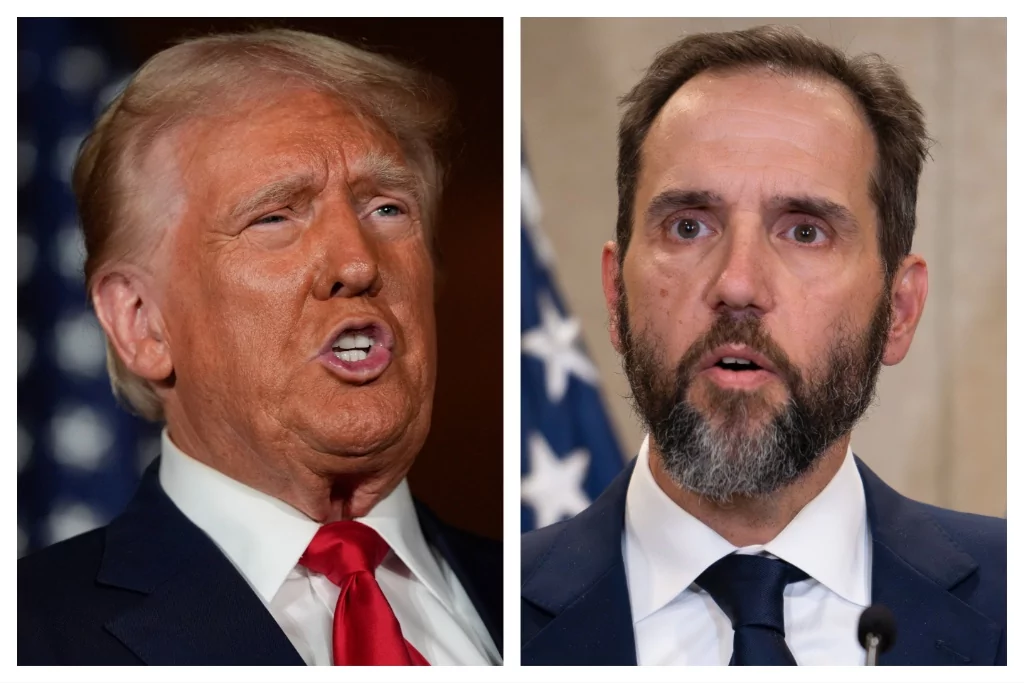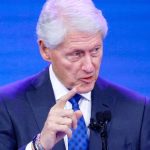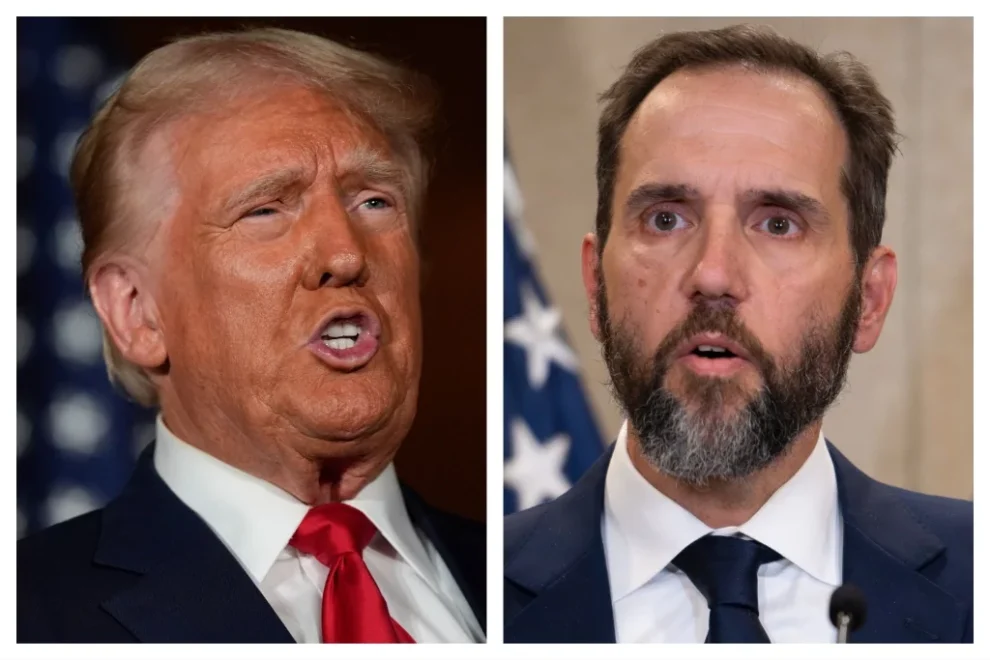Former President Donald Trump on Thursday argued that the federal charges related to his alleged efforts to interfere with the 2020 election should be dismissed, citing a recent Supreme Court ruling.
The ruling involved the case of a Jan. 6 rioter, Joseph Fischer, whose conviction under an obstruction statute was overturned by the Supreme Court. Trump’s legal team contends that the same statute, which penalizes obstruction of official proceedings, is misapplied in special counsel Jack Smith‘s federal case against the former president, claiming it does not pertain to lawful political actions.

“One thing the Special Counsel’s Office cannot ignore or hide from is binding precedent. The Supreme Court’s decision in Fischer v. United States,” Trump’s lawyers wrote, calling for the dismissal of all counts in the case.
“Fischer requires the dismissal of Counts Two and Three of the Superseding Indictment, and its logic fatally undermines Counts One and Four as well,” his counsel added.
Trump’s 14-page motion is part of his broader defense strategy, focusing on the overreach of the prosecution under the obstruction statute, Section 1512(c)(2), which was originally designed to prevent document destruction. Trump asserts that the ruling should also shield him from prosecution.
Smith’s team has countered by filing a road map of their case, insisting that Trump’s involvement in the events leading up to the Capitol riot justifies the charges.
U.S. District Judge Tanya Chutkan will now decide the extent to which the immunity ruling affects Trump’s case, with key responses expected by Nov. 7.
On Wednesday, Chutkan allowed Smith’s recent 165-page motion to be unsealed. That motion sought to paint Trump as a mastermind behind a full-scale plan to sow doubt about the results of the 2020 election.
The filing also served in part as Smith’s response to the Supreme Court’s immunity decision, which held that former presidents are not immune from actions undertaken in their private capacity. Trump lawyers say the immunity ruling and Fischer combined should be enough to dismiss the case entirely.
CLICK HERE TO READ MORE FROM THE WASHINGTON EXAMINER
U.S. District Judge Aileen Cannon, who oversaw Smith’s separate classified documents case, has also presented another legal question involving the indictments against Trump after she ruled that Smith was improperly appointed under the Constitution’s appropriations clause, dismissing the indictment there. That decision is currently being appealed by the federal government.
Smith will be given the opportunity to respond to Trump’s motion in the coming days, as the federal government has attempted to preserve its ability to use the obstruction charge in a handful of remaining Jan. 6 rioter cases while dismissing the charge in dozens of other cases.
























